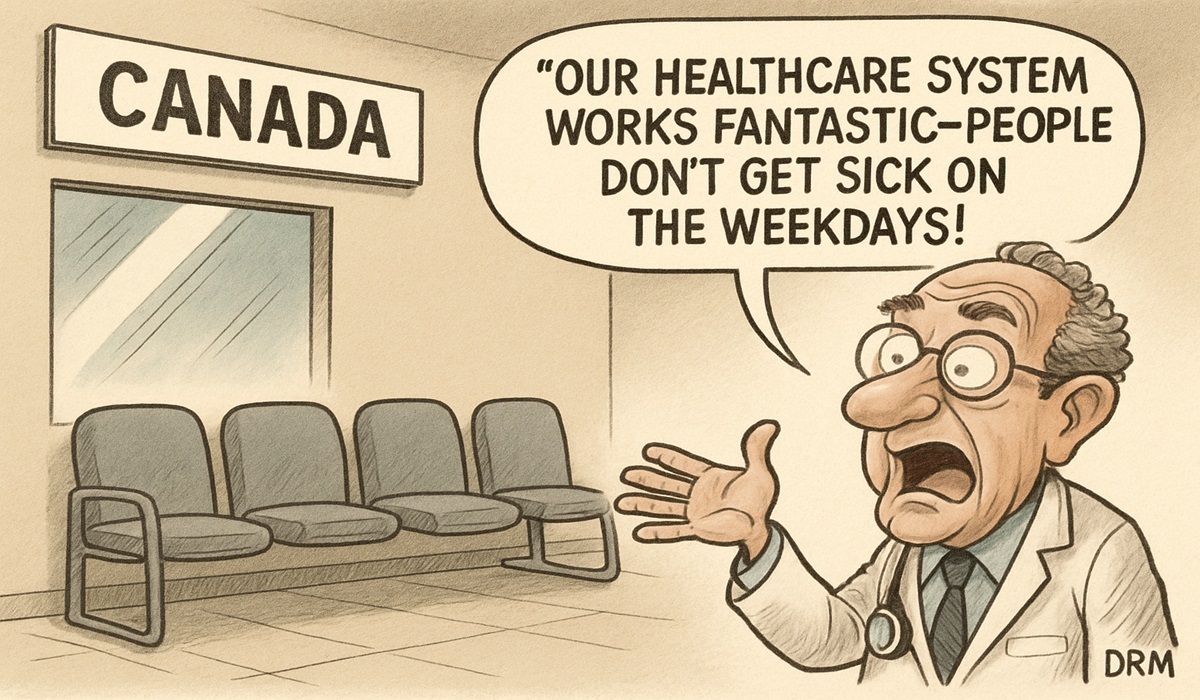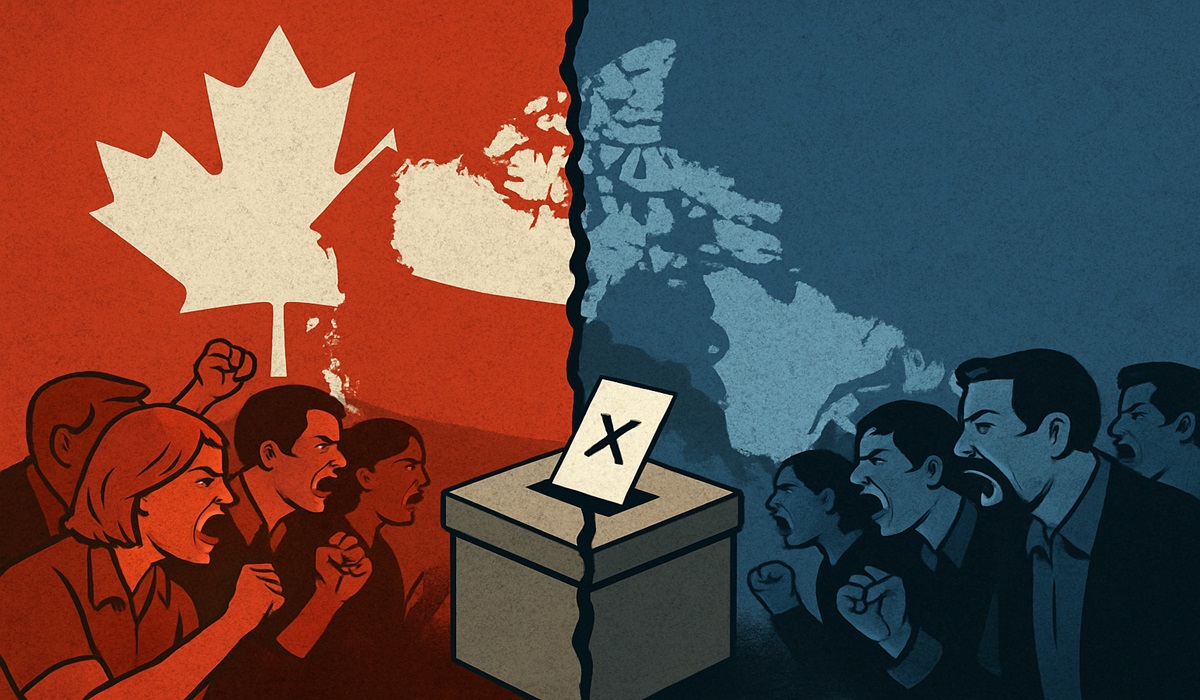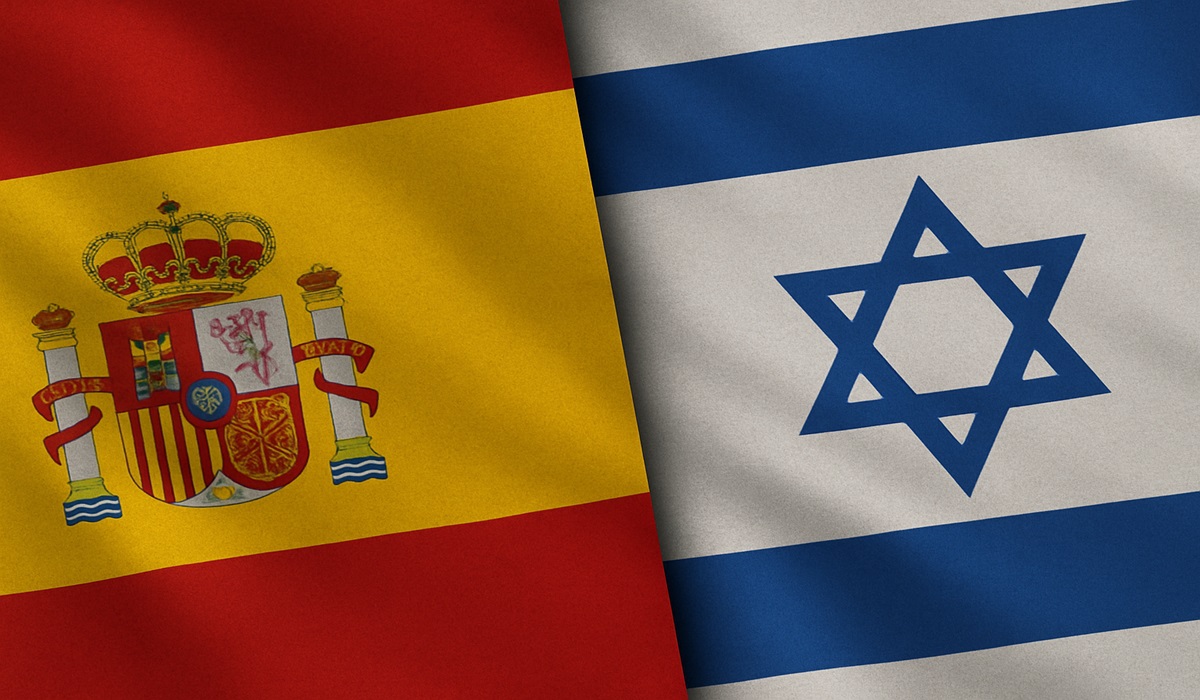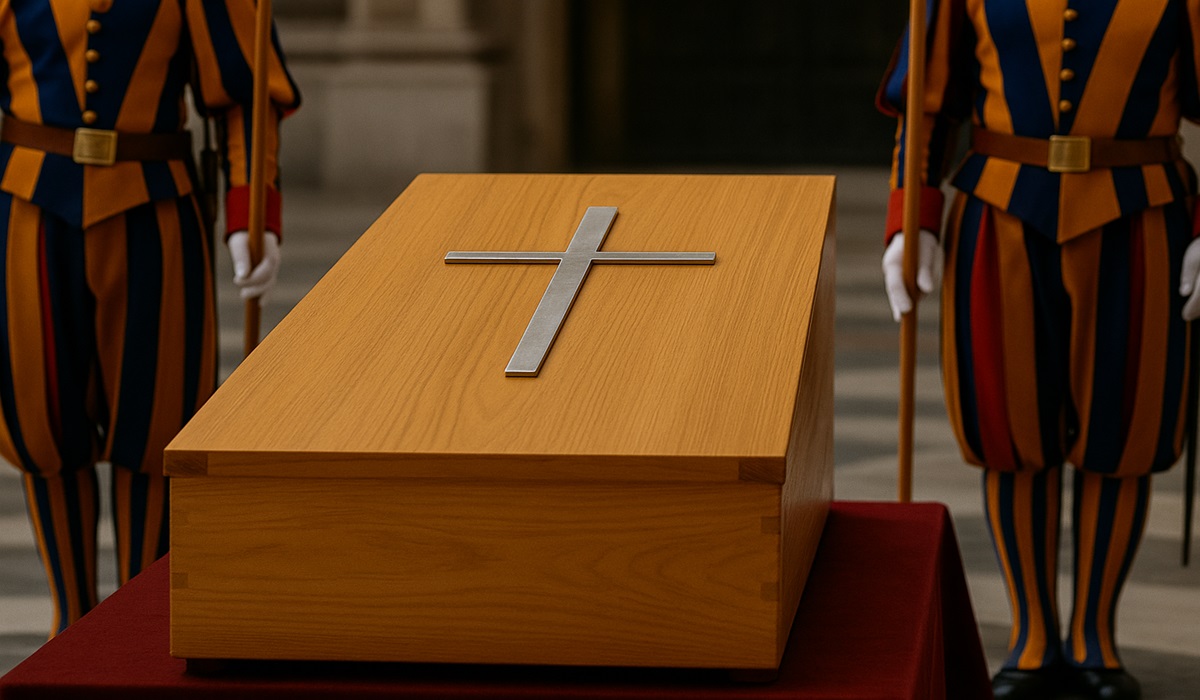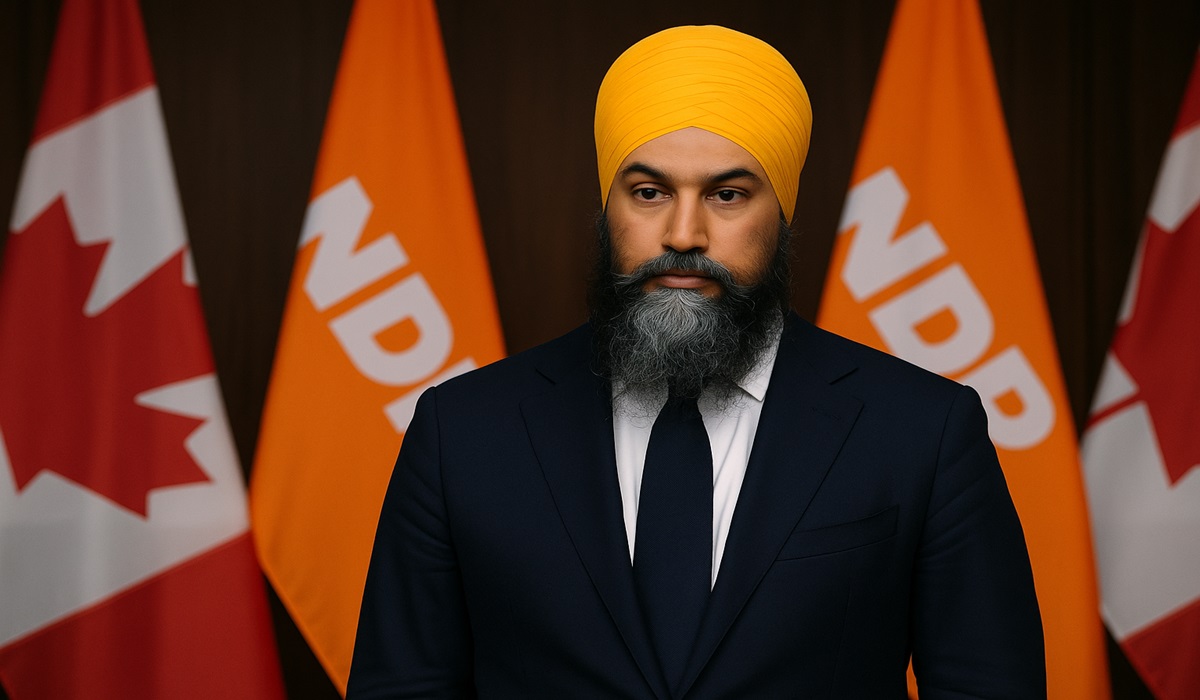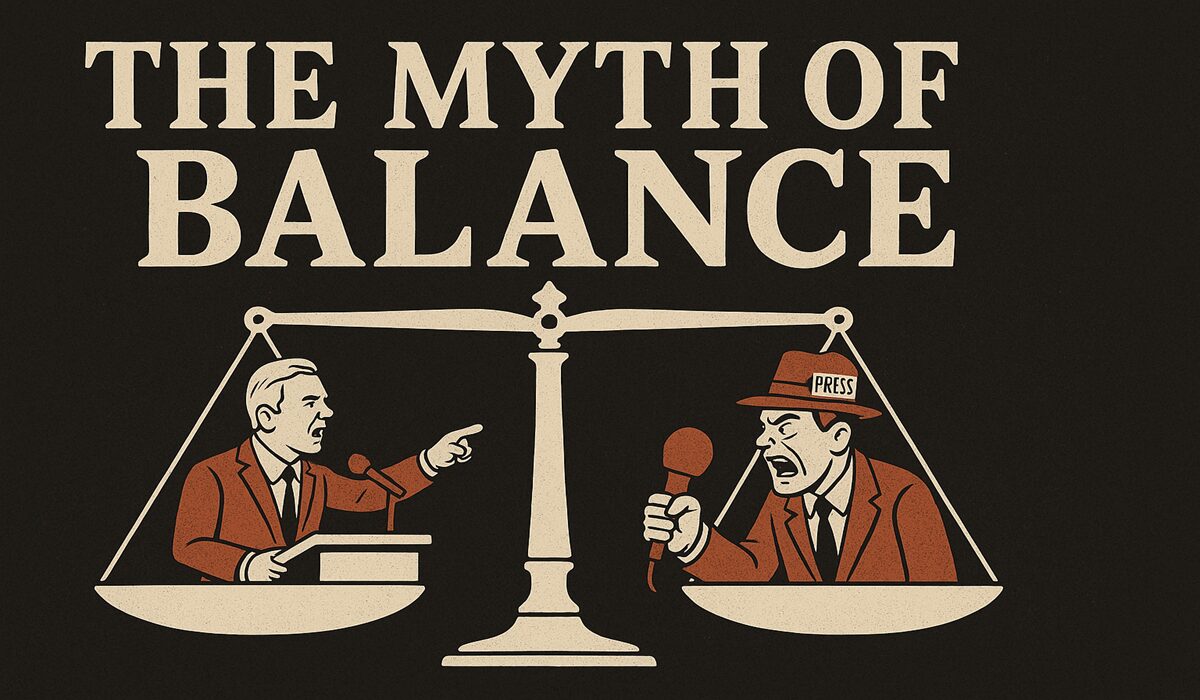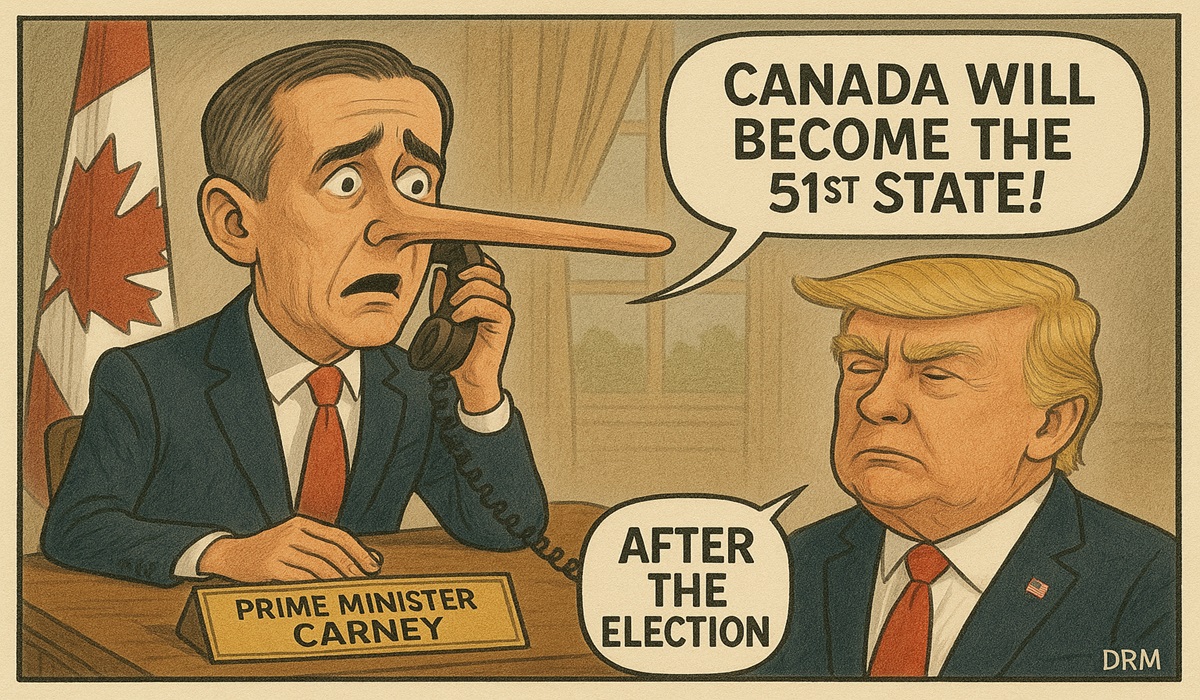The Blurry Lines of Political Interference: Separating Fact from Buzzwords
- Naomi Dela Cruz
- Canada
- D.O.C Supplements - Trending News
- May 17, 2023

Political interference has become a hot-button buzzword frequently hurled in Ottawa, but what does it really mean, and are the lines as clear as they appear? It seems that whenever leaked classified documents make their way to the media; political interference is the term often used to describe the situation. However, it is essential to question whether this characterization is warranted or if a media narrative is at play.
Over the past year, numerous leaked documents from the Canadian Security Intelligence Service (CSIS) have found their way to the media. This irony raises questions about the source of these leaks and whether they align with the information the opposition or government wants to convey or stir up public outrage. It is worth noting that the CSIS director, David Vigneault, in a recent panel overseeing election integrity, found the 2021 election free and fair.
Former heads of the spy agency have echoed this sentiment. In light of this, why aren’t we taking their word? Should we, should we not? How does a spy agency have so many leaked documents? And where are all the leaked documents about Bigfoot, the nuclear codes and aliens that have crashed on the planet and are being held in sum secret underground bunker in Saskatchewan?

Has CSIS done something so egregious that it has jeopardized the safety of all Canadians, causing us to question their trustworthiness? The answer, based on available information, is no. But when you have so many current and former agents providing conflicting stories within the agency, what are Canadians to think?
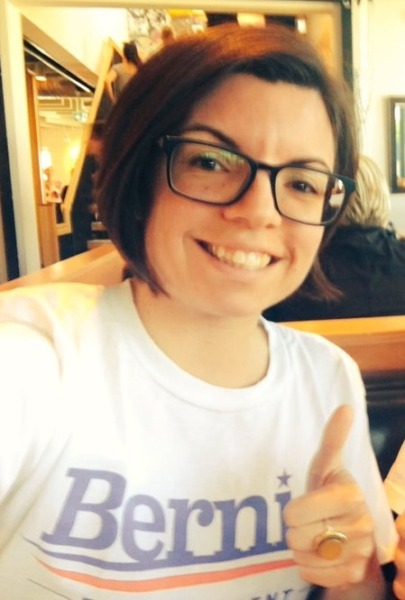
So, the question becomes, what exactly do we classify as election interference? For instance, should former Conservative Party leader Candice Bergen wearing a Trump MAGA hat while being a sitting Member of Parliament be considered political interference? What about NDP member of parliament Nikki Ashton knocking on doors in support of US Senator and presidential candidate Bernie Sanders? And, last but certainly not least, should former US President Obama’s endorsement of Prime Minister Justin Trudeau and the Liberal party during his re-election campaign, when the Liberals were struggling in the polls after the Blackface incident, be viewed as political interference?
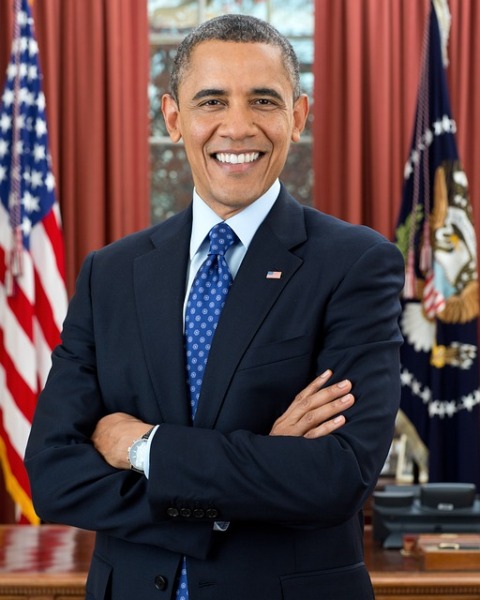
Interestingly, none of these high-profile instances of political involvement were paraded on TV or social media as meddling. However, we seem to have reached a point where even being in the same room as someone from another country or engaging in discussions with them becomes a matter of scrutiny. And if this is the case, why do we have embassies and diplomats?
The question arises: where do we draw the line between what the media presents to the public on politicians’ behalf and what is happening? As citizens, it is essential to maintain a healthy dose of skepticism and hold the government accountable and transparent. However, in return, our media and politicians should not exploit our malleability to gain or retain power.
The term “political interference” is often used without understanding its implications. While leaks and questionable actions occur, it is vital to evaluate the information presented critically and not blindly accept the narratives the media or politicians put forth. Transparency and accountability are crucial for a healthy democracy, but we must also be wary of manipulation and ensure that we demand the full picture rather than being swayed by incomplete or biased portrayals.

